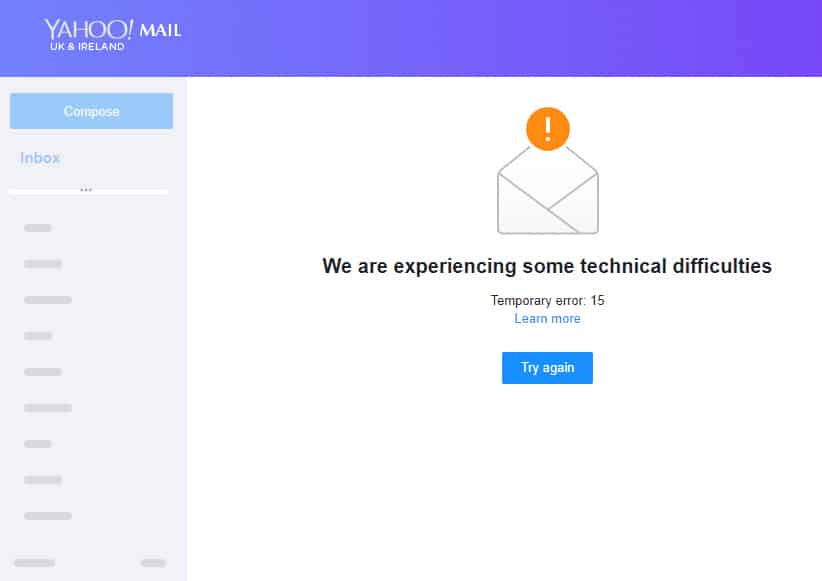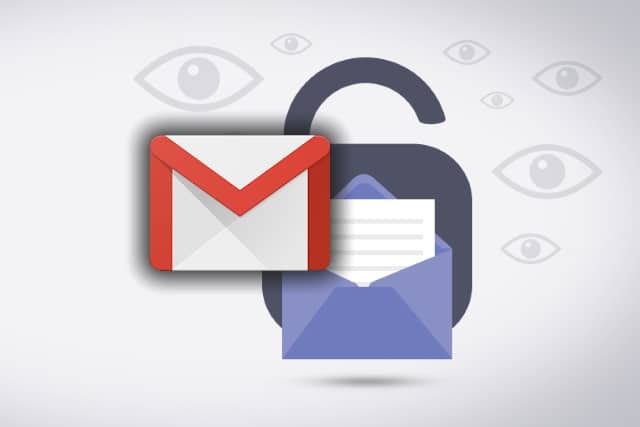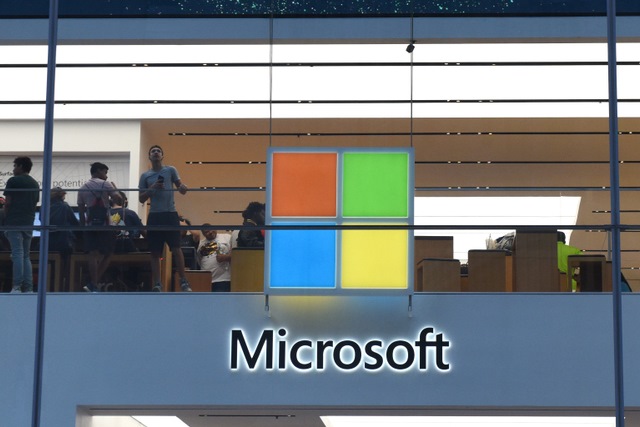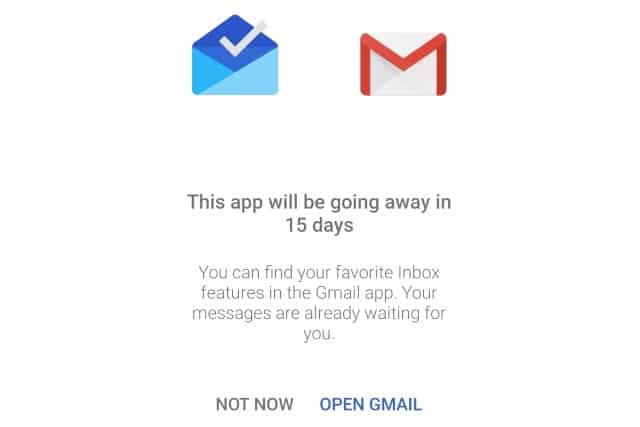
Yahoo! suffers worldwide mail fail
Yahoo users attempting to log into their mailboxes this morning have been faced with a screen that says the site is experiencing "technical difficulties".
Downdetector indicates that the site went down in the early hours of this morning and the issue is affecting users around the world.

Trojans account for more than 70 percent of opportunistic email attacks
Analysis by Mimecast of 67 billion attack emails between April and June this year reveals that opportunistic attacks are dominated by Trojans, which make up 71 percent.
Targeted attacks are lower in volume but are specifically designed to get past commodity malware scanners by using newly detected or updated malware not detectable with file signatures.

IT professionals under pressure from email attacks
Email attacks are causing major problems for IT professionals, with over a third (38 percent) blaming them for increased stress at work.
A survey of 660 IT professionals by Barracuda Networks reveals that 38 percent also admit to worrying about email attacks outside of work hours and 16 percent have canceled personal plans due to email attacks.

22 percent of businesses hit by phishing attacks in the last quarter
In the past three months 22 percent of businesses have suffered a data breach as a result of an email attack according to a new report.
The study released by email security platform GreatHorn spoke to more than 1,000 professionals to get a better understanding of the current state of enterprise email security.

Companies turn to instant messaging in response to rising email threats
In a new study of IT decision makers by Barracuda Network, 94 percent of participants admit that email is still the most vulnerable part of their organization's cyber security.
The survey of 280 decision makers focused on the email threat landscape and email security practises. It discovered that 75 percent have been hit with brand impersonation emails, the largest threat as identified in the survey with ransomware coming in second on 47 percent.

ProtonMail criticizes Gmail's confidential mode for being neither secure nor private
Privacy-focused ProtonMail has lashed out at Google, saying the "confidential mode" available in Gmail is "misleading" and "little more than a marketing strategy". It says that people "don't need to settle for fake privacy"
Pointing out that Gmail's confidential mode lack end-to-end encryption, ProtonMail says that the email service is "not secure or private". The company says that Gmail can still read your emails, and that expiring emails are not as secure as Google would have users believe.

Over three billion fake emails sent out daily
At least 3.4 billion fake emails are sent around the world every day, according to a new report from email verification company Valimail, with the majority of suspicious emails coming from US-based sources.
The report shows that email impersonation -- accounting for 1.2 percent of all email sent in the first quarter of 2019 -- is a phishing attacker's primary weapon to gain access into an organization's network, systems, intellectual property and other sensitive assets.

Phishing attacks grow in sophistication to evade defenses
Despite businesses investing in next-gen technologies, phishing threats continue to become more sophisticated and effective according to a new report.
The study from intelligent phishing defense company Cofense shows how threat actors, armed with an ever-growing arsenal of tactics and techniques, continue to tweak their campaigns and enhance their capacity to deliver malware, ultimately getting more messages past perimeter controls to user inboxes.
61 percent of organizations are worried about email-borne threats
Email is still the main vehicle for cybercriminals to deliver threats according to a new report, and 61 percent of IT decision makers think their organization will suffer a negative impact from an email-borne attack this year.
The study from email and data security company Mimecast shows that impersonation attacks have increased 67 percent in comparison to the results in last year's report.

Email threats become more focused and malware gets harder to detect
Spam emails containing malware significantly dropped in 2018, to just six percent, down from 26 percent in 2017. But at the same time malware is becoming more sophisticated and harder to detect.
These are among the findings of the latest Global Security Report from Trustwave. The largest single category of malware encountered is downloaders at 13 percent.

Microsoft email hack was worse than first thought -- some users' messages were accessed
Over the weekend we reported that hackers gained access to Microsoft's web-based email services for a period of three months. Microsoft tried to calm users' concerns by saying that only "your e-mail address, folder names, the subject lines of e-mails, and the names of other e-mail addresses you communicate with" had been accessed. But for some people, things were rather worse.
It transpires that some users have been sent a notification from Microsoft informing them that hackers were able to access the content of emails.

Microsoft reveals hackers gained access to its web email services for three months
Microsoft has confirmed that hackers were able to access customers' web-based email accounts for a period of three months at the beginning of the year. Between January 1 and March 28, unknown hackers hit the accounts of various Microsoft email services.
The company is in the process of sending notifications to those who have been affected by the issue and it recommends users change their account passwords. (Update: it's worse than first thought!)

Email app Spark arrives on Android ready to replace Google Inbox
Google may be shutting down its Inbox app later this week, but there are alternatives out there. In fact, the number of options available to Android users just increased.
Spark -- which has proved very popular with iOS and macOS users -- has just migrated to Android, bringing with it all manner of inbox organizing smarts. Developer Readdle says it will, "make you love email again".

90 percent of tech companies are vulnerable to email spoofing
Phishing is a major problem for large organizations, but while there are standards to authenticate email and prevent phishers from spoofing domains with fake emails, a majority of companies have not made full use of them.
The tech sector has moved faster than some but while they are beginning to implement protection many companies in this sector are still at an early stage with the result that 90 percent are still vulnerable to impersonation.

Google Inbox is closing down in two weeks
Google is far from being a stranger to launching and shuttering apps and services willy-nilly, and the latest victim is Inbox.
We have actually known for a little while that Google Inbox was due to close down -- it was just a matter of when. Now Google has revealed the closure date, and it is just two weeks away: April 2. We wave goodbye to Inbox on the same day as Google+.
